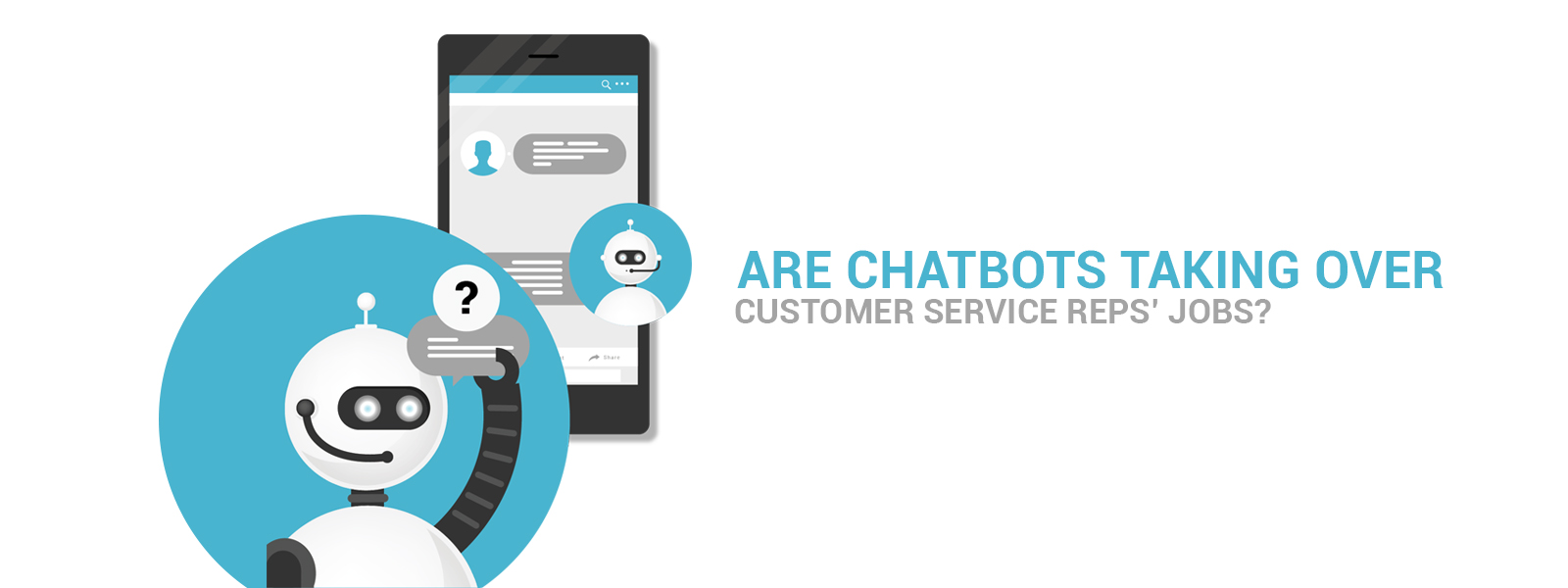
No conversation on technology such as having an AI or chatbot can ever end without discussing its effect on employment.
The greatest fear for mankind since the onset of machine intelligence has always been the fear of losing jobs.
First, it was industrial machines, then came computers, and now we have Artificial Intelligence (AI). Technology seems to be loved and loathed in equal measure.
The very thought of chatbots taking over the workplace still sends shivers down the spine of some employees.
UK’s retail sector seems to be jumping onto the AI bandwagon with one major player announcing that it has replaced its call center staff with an AI chatbot.
In order not to raise temperatures in the labor market, all the employees replaced were deployed in other departments within the company.
But even as the fear still lingers on, the customer service industry is widely expected to be affected the most.
It is estimated that more than 85 percent of all customer interactions will be handled by chatbots in the year 2020.
Generally, a bot is any software that performs an automated task. The best chatbot definition is that it is a computer program based on artificial intelligence, which can have a conversation with human beings.

It is estimated that 8 out of 10 customer inquiries are repetitive. So instead of having an agent answering all these questions, why not use a chatbot to tackle these tasks? It makes economic sense, right?
There are so many reasons as to why chatbots use is on the increase.
The global chatbot market alone, which was valued at US$88.3 million in 2015 was expected to grow exponentially between 2016 and 2023, according to Credence Research.
And with its numerous benefits, AI-powered and automated customer service is the future.
A good example of a popular chatbot is the Google Assistant, which helps users perform millions of actions on their phones, their houses, and even their cars. It all starts with a user saying Hey Google.
One thing’s for sure — chatbots are here to stay.
However, the best chatbots are only as good as the developer who designed them. In other words, chatbots cannot exist without human beings.
You may not be able to give the best customer service experience even with the best AI chatbots if you don’t have the right human resource to complement the technology.
This is because it is hard to replace the magical human touch. The future of customer service is, therefore, a blend of chatbots backed up by smart humans who have empathy.

One of the biggest misconceptions about online chatbots is that they can converse with humans in the way other humans can. Well, this might be possible soon, but we are definitely not there yet.
Whether it’s to enhance your customer interactions or to offer a rapid response time, you need to fully understand the immediate and future needs of your business so as to accurately align them with the right AI model.
Once everything is in place and you are now ready to integrate chatbots into your business, ensure that you do not present your bot as a human to your customer because it will fail terribly.
As a business, you need to be transparent and inform your customer up-front that they’re dealing with AI.
A good chatbot should also be able to handle all the data within your company. As your business grows, so too will the number of clients queries you receive. You should anticipate such a scenario and troubleshoot.
So, are chatbots going to take over customer service reps jobs?
While there might not be a definitive answer to this troubling question, however, a new study predicts that by the end 2020, AI will not only have eliminated 1.8 million jobs, but it will also give rise to 2.3 million new opportunities for people.
Thus, you can breathe easy. Chatbots are only the newest tech-powered scarecrow. Much like the industrialization that was supposed to rob factory workers of their jobs, chatbots aren’t ruining the workplace. They’re just transforming it. It would be more accurate to say that chatbots are transforming jobs, not stealing them.